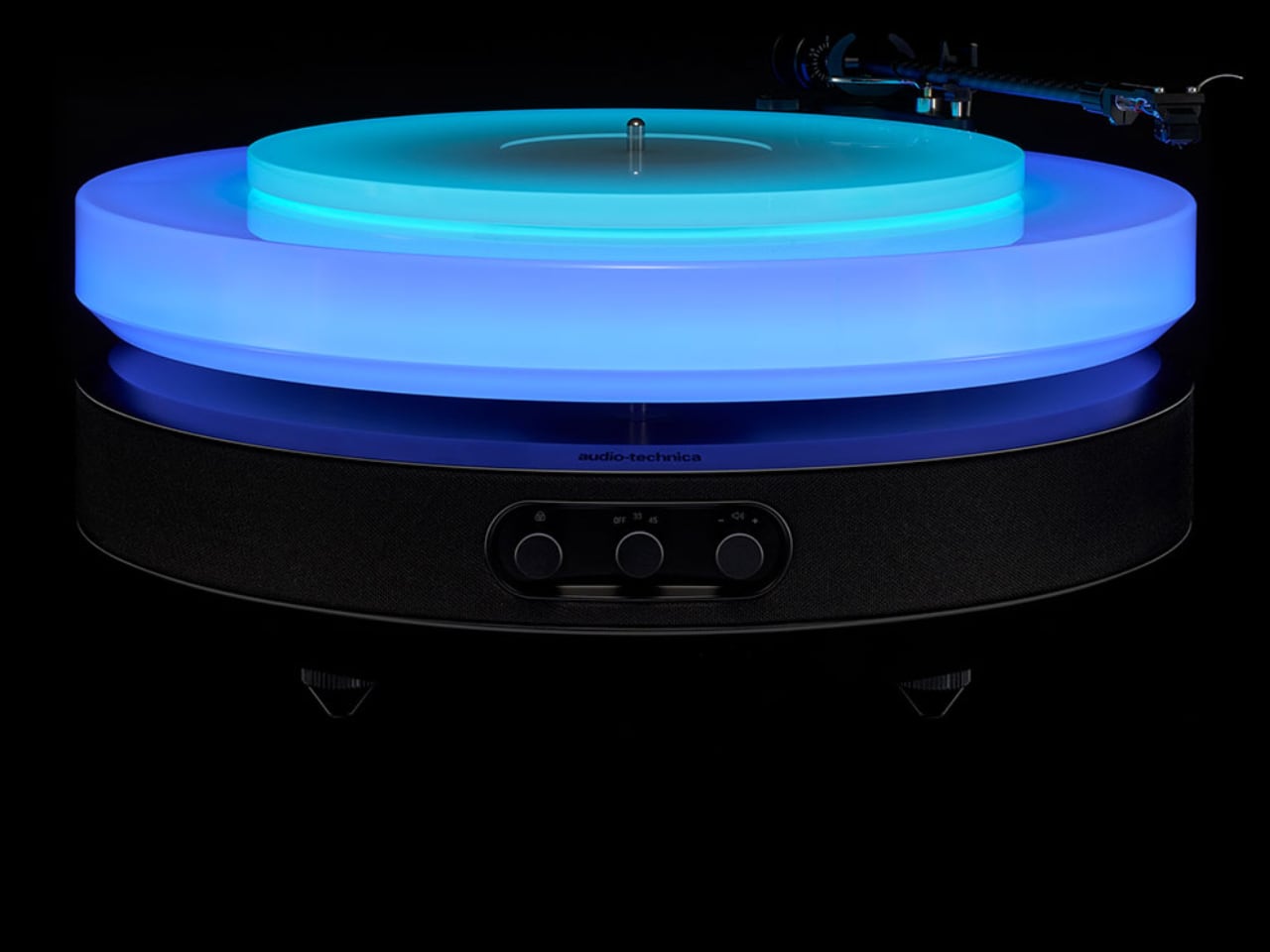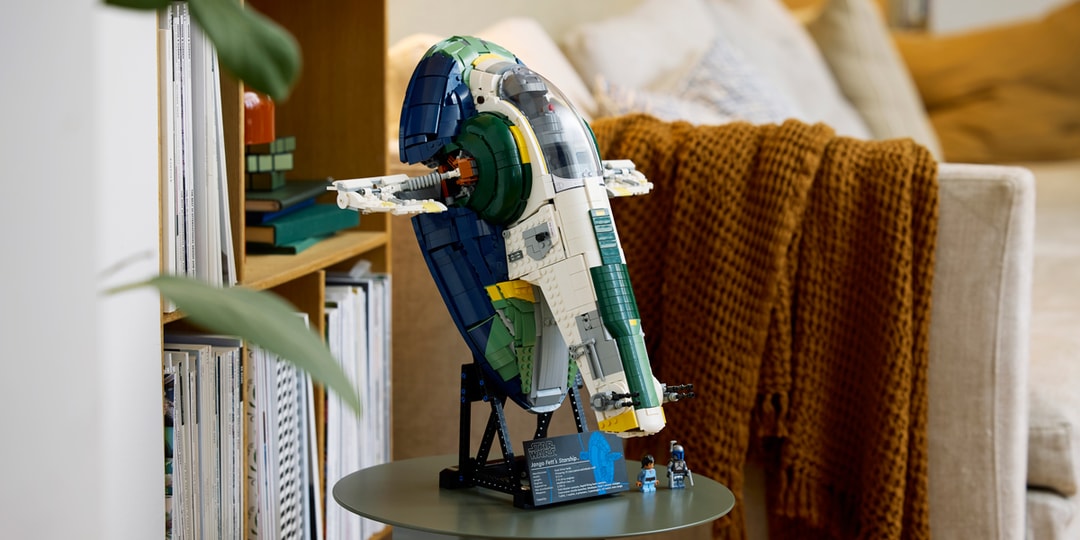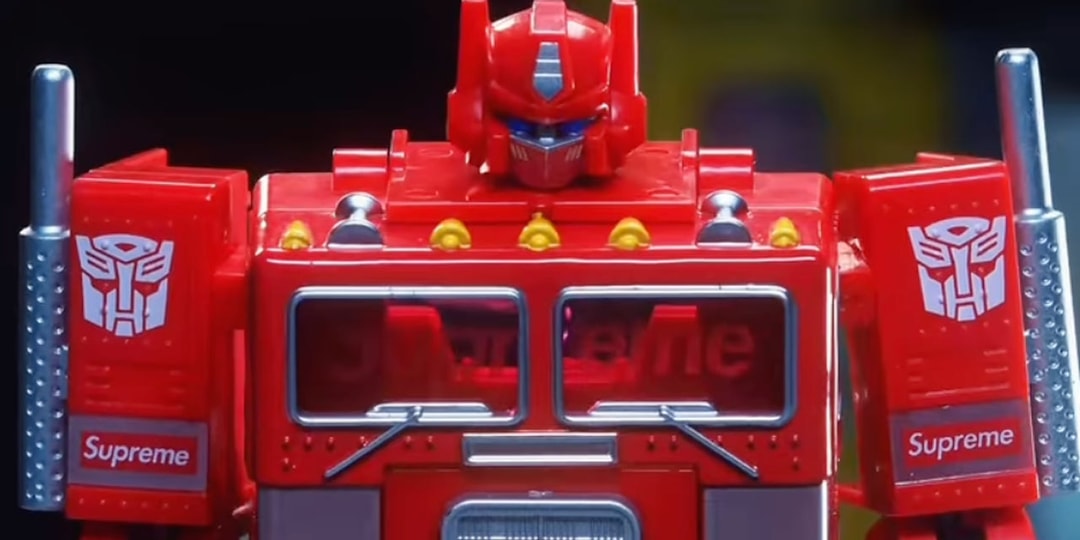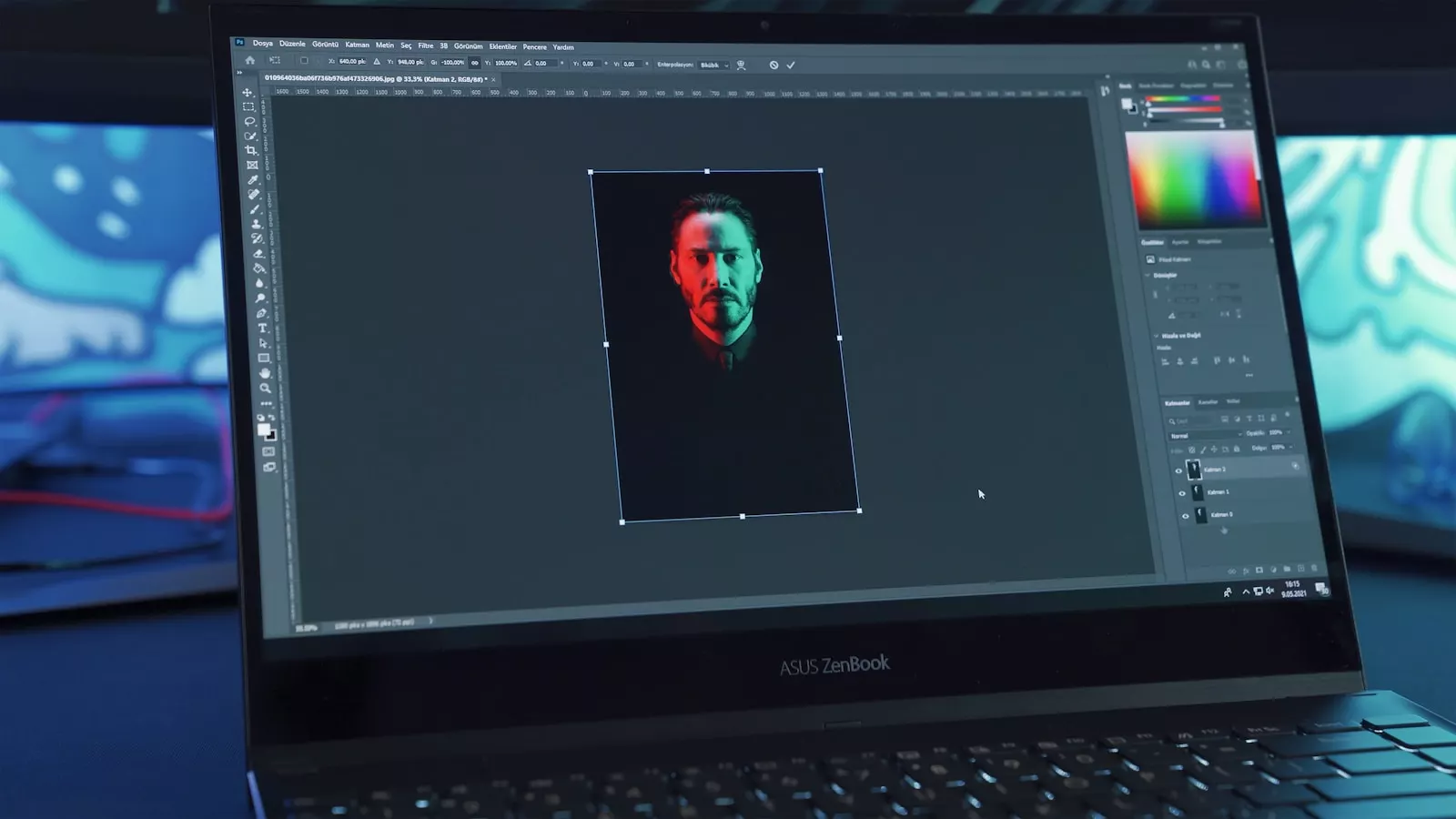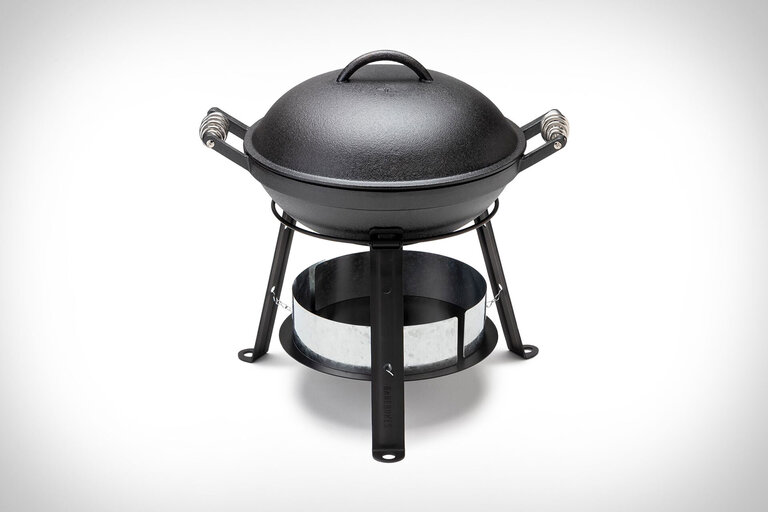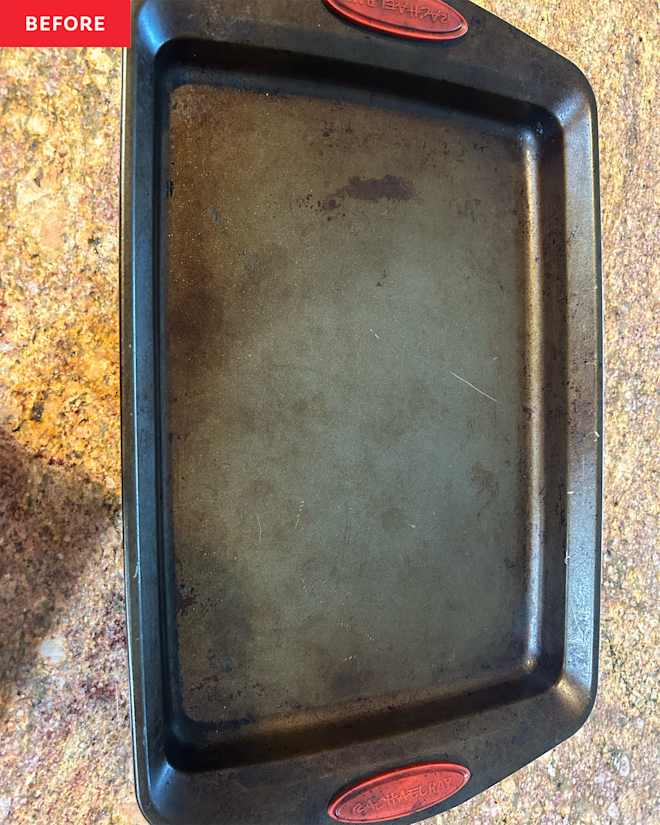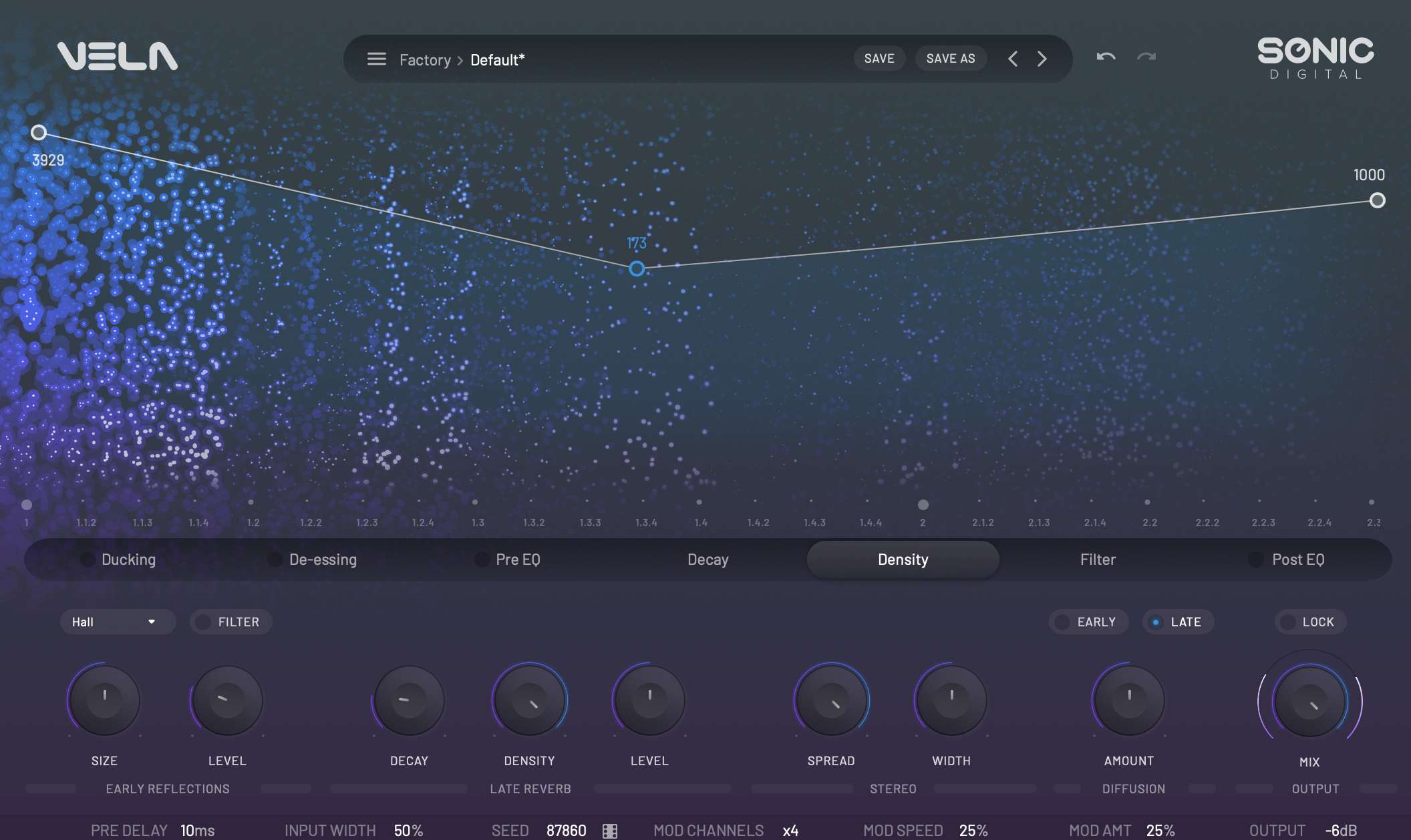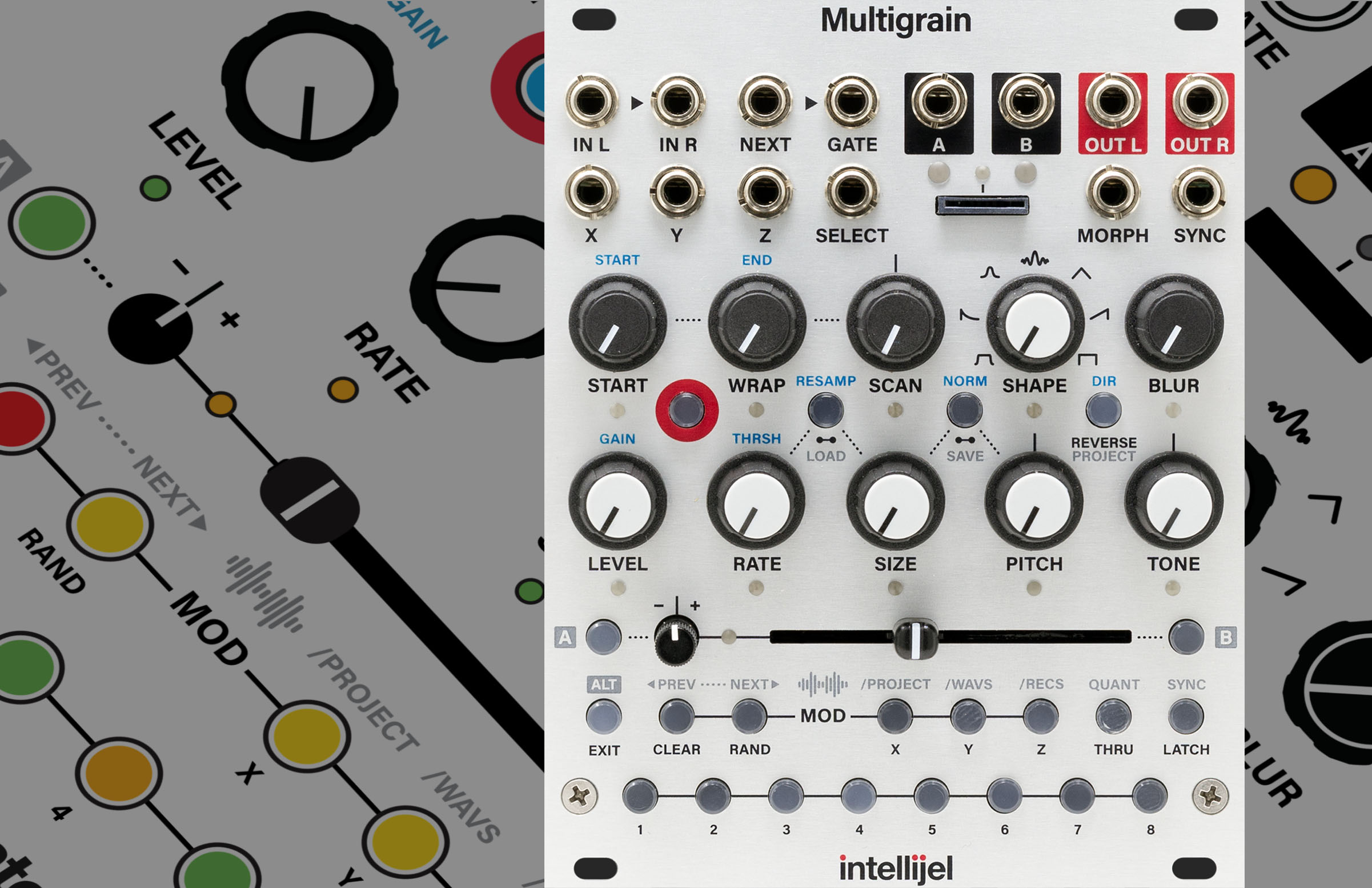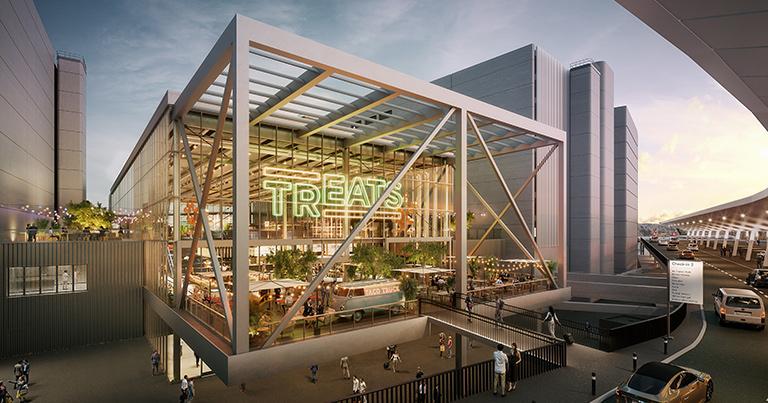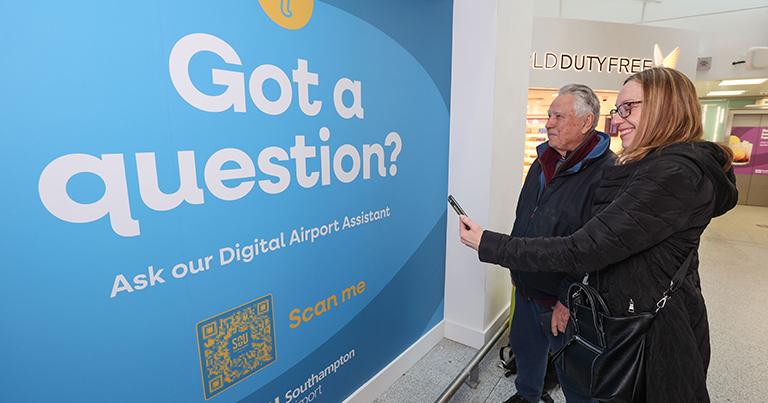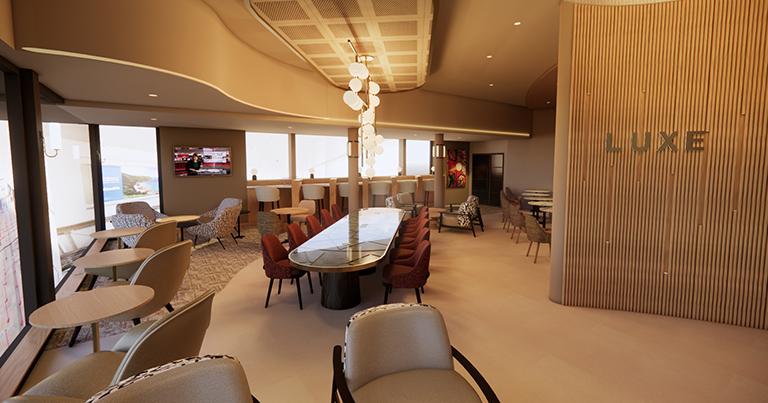Robotics revolution: Schiphol, Boston Dynamics, Southwest and Fraport discuss how they are stretching the boundaries of innovation with robotics and automation
The following article was published by Future Travel Experience In part 1 of our focus on robotics and automation, Schiphol Group, Boston Dynamics, Southwest Airlines and Fraport share insights into how these technologies can enhance operational efficiency and CX. We are in the midst of a robotics revolution. Robotics technologies and automation can help to solve some of the air transport industry’s biggest challenges, […] Article originally published here: Robotics revolution: Schiphol, Boston Dynamics, Southwest and Fraport discuss how they are stretching the boundaries of innovation with robotics and automation
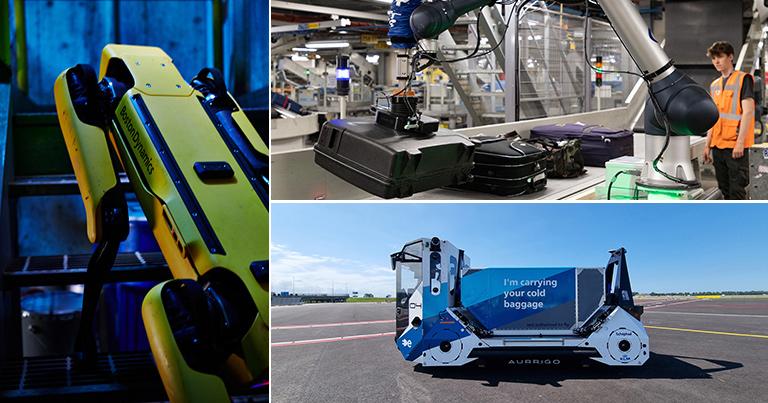
The following article was published by Future Travel Experience
In part 1 of our focus on robotics and automation, Schiphol Group, Boston Dynamics, Southwest Airlines and Fraport share insights into how these technologies can enhance operational efficiency and CX.
We are in the midst of a robotics revolution. Robotics technologies and automation can help to solve some of the air transport industry’s biggest challenges, while reimagining approaches to delivering more personalised customer experiences and enhancing operational efficiencies. In part 1 of our extensive focus on robotics and automation Schiphol Group, Boston Dynamics, Southwest Airlines and Fraport share their insights into the latest developments and trends in this domain. The future of robotics will also be explored in-depth at the FTE World Innovation Summit, taking place in Pittsburgh on 13-15 May 2025.
Schiphol Group: “We are at a pinnacle of technology that can change the way we approach capacity constraints, CX, knowledge sharing, optimal planning and more”
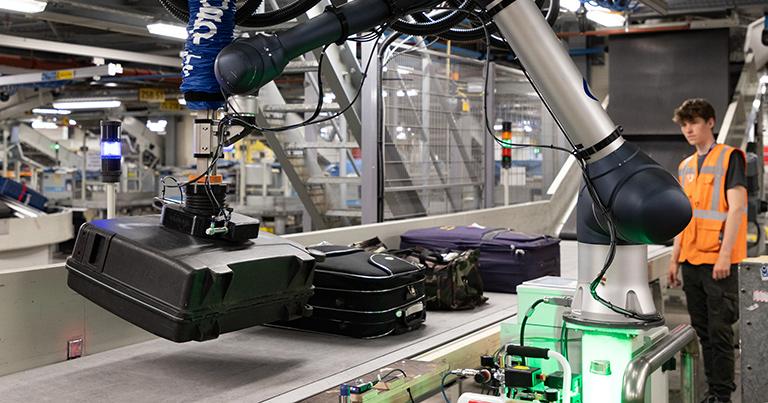
Royal Schiphol Group – a Corporate Partner of the FTE Digital, Innovation & Startup Hub – is a pioneer of innovation. It currently has a strong focus on robotics and automation and is working on many initiatives in this realm. Ahead of her participation at the FTE World Innovation Summit (Pittsburgh, 13-15 May 2025), Zahra Merchant, Chapter Lead Robotics, Royal Schiphol Group, shares some compelling insights with Future Travel Experience.

“Emerging developments in robotics and Artificial Intelligence (AI) offer a plethora of opportunities to enhance operational efficiencies and customer experience,” says Merchant. “There is also a window of opportunity to redesign what operations can look like in the future where we have complete automation and robotics. Very often, we fall into the trap of replicating manual processes with automation, thereby limiting the scope of the possibilities and capabilities of using robotics, AI and data-driven insights. However, by being aware that we are at a pinnacle of technology that can change the way we approach capacity constraints, customer experience, knowledge sharing, optimal planning and many more aspects of innovation, the limits and boundaries can be stretched beyond physical and manual interventions.”
The baggage space is a key area in which Schiphol is exploring robotics and automation to accelerate the journey towards greater operational efficiency. Indeed, Schiphol, a Partner of the FTE Baggage Innovation Working Group (BIWG), is a member of BOOST – a groundbreaking initiative launched by innovation consultancy nlmtd (Unlimited) in partnership with FTE via the BIWG to transform the future of baggage handling through robotics and automation. Each core member of BOOST – which also includes Avinor, Incheon and Brussels Airport, is working on a unique technical challenge, conducting onsite Proof of Concepts to test robotics and other technologies. Schiphol is investigating the most effective automated loading solutions, including the CoBro – collaborative baggage robots that use vacuum technology to lift and load bags into open carts.
“This helps to reduce physical strain on the humans, as well as automate the loading process of baggage,” Merchant explains. “We are also automating the baggage scanning process, using computer vision technologies and image recognition to automate the baggage scanning process (reconciliation) before loading bags into the cart. This initiative is to help reduce physical strain on the humans, but also remove any manual dependency from the robots in the process and allow them to work independently.”
Autonomous hot and cold baggage separation and transportation is another area of innovation using Automated Guided Vehicles (AGVs), while autonomous technology is being explored to see whether it can detect Foreign Object Debris (FOD) on the apron.
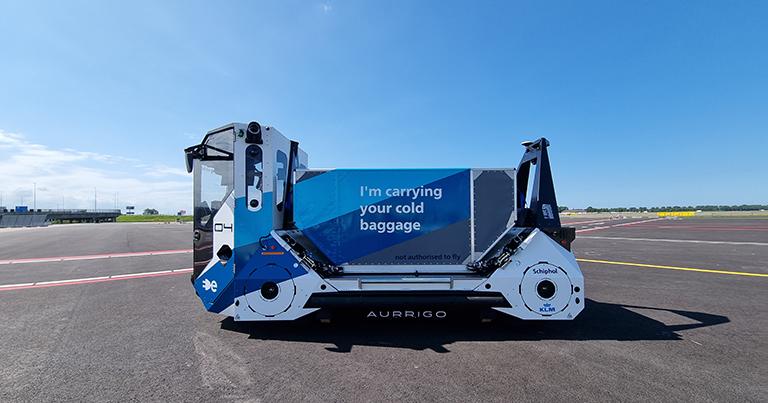
“Last year we trialled autonomous busses to shuttle staff between a fixed route on the airside,” Merchant adds. “We are still looking at scaling that initiative and going towards a Proof of Concept. These are only some of our initiatives highlighting robotics and AI – furthermore, we have several robots in the baggage halls, airside and terminal currently being developed and tested, as well as a whole department working on cool Generative AI (GenAI) and AI initiatives.”
Merchant is participating in a session at the FTE World Innovation Summit ‘What does the future hold for robotics & AI in the aviation industry and the world at large, and where are the biggest opportunities for airlines, airports and their partners? Insights from first movers.’ Among her key messages, Merchant will highlight the challenges of implementing robotics. “Suppliers and technology developers find it hard to develop a solution with little to no insights on the challenges faced,” Merchant shares. “Every airport has similar challenges but different contexts which do not lead to a ‘one-size-fits-all’ solution and thereby making it harder for solution providers to develop a solution. Airports have complex and rigid operational structures, making it difficult to integrate new technologies seamlessly. Ensuring that new technologies comply with aviation regulations and standards is a significant hurdle, while automation may lead to perception of job losses, raising ethical and social concerns.”
In addition, Merchant will emphasise designing for the sweet spot of innovation in robotics, which she describes as the intersection of technology (robotics and AI), organisational needs and people. “I will also discuss what is needed to move forward as an industry in robotics,” says Merchant. “This includes joining forces within the industry to share challenges and standardise solutions, re-evaluating organisational processes and focusing on change management, and thinking about the future role of humans as an orchestrater in completely automated operations.”
Indeed, some of the key learnings in robotics are the need to challenge the norm, collaborate with stakeholders, validate technology in an operational setting, and prioritise needs when scaling up.
Looking ahead, Merchant is eager to participate at the FTE World Innovation Summit, which is free to airlines and airports and will bring together over 400 air transport industry innovators for a three-day interdisciplinary series of conference sessions, interactive workshops, tours of the new terminal at Pittsburgh International Airport and across key innovation sites across Pittsburgh, and networking opportunities. “I am really looking forward to participating in the FTE World Innovation Summit due to the diverse and huge number of like-minded innovators from across the aviation industry and technology leaders including airlines, airports, suppliers, R&D labs, universities and more. The various demos showcasing new technologies, and the speakers and panels on various topics touching on emerging technologies and challenges all point towards the industry moving forward into an exciting unknown. Being able to facilitate impact and transformation within such a grand industry as aviation is definitely something I look forward to and am thrilled to be amidst the innovation leaders in this sector.” See the FTE World Innovation Summit agenda >> Register for the FTE World Innovation Summit >>
Boston Dynamics: “Robotics are no longer a novelty – they’re operational tools and we’re just getting started”
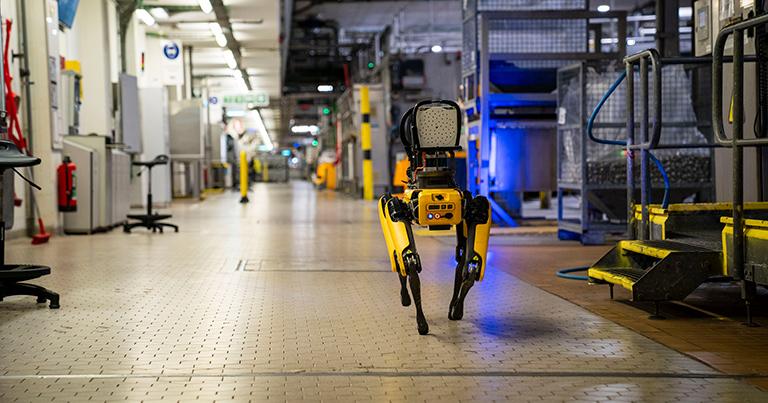
Robotics company Boston Dynamics develops advanced robots with remarkable agility, mobility and intelligence, and recently went viral with the below video titled ‘Walk, Run, Crawl, RL Fun | Boston Dynamics | Atlas’. Ahead of his participation at the FTE World Innovation Summit (Pittsburgh, 13-15 May 2025) – in a session focused on the future of robotics and Artificial Intelligence (AI) – Andrew Wang, Director of Enterprise Sales, Boston Dynamics, shares a pioneering perspective with Future Travel Experience.
“At Boston Dynamics, we’re showing what it looks like when advanced mobility, real-time sensing, and embodied AI come together in dynamic environments like airports,” Wang explains. “I’ll be highlighting how adaptable robotic systems – like Spot – can take on tasks that were previously too unpredictable or labour-intensive for automation. Whether it’s assisting with airside inspections or supporting ground crew safety, the takeaway is this: robotics are no longer a novelty – they’re operational tools and we’re just getting started.”
The potential of robotics to enhance operational efficiencies and customer experience in the air transport industry is massive – both behind the scenes and in the passenger-facing experience. “From an operational standpoint, robotics can handle repetitive, high-risk tasks like clearing runways, monitoring GSE equipment, or monitoring baggage claim conveyance,” says Wang. “This not only reduces downtime but also enhances safety for ground crews. With the advent of humanoid robots, we’re exploring their potential to assist with the ‘last mile’ of baggage handling – moving heavy luggage and supporting staff with physically demanding tasks. It’s about augmenting the workforce, not replacing it, and helping create safer, more efficient ground operations.”

On the customer experience side, robotics can support smoother operations – from faster baggage handling to more resilient infrastructure inspections that prevent delays before they happen. “Within the terminals, Spot could help answer questions with embodied AI and delight the travellers,” Wang shares. “Boston Dynamics is currently working with major airport operators and logistics partners to pilot autonomous systems in high-traffic environments. While those collaborations are under wraps, I can say we’ve seen real traction in applying our robots to maintenance and logistics operations in and around airport ecosystems. We’re also in conversations around integrating robots into smart infrastructure monitoring.”
Looking ahead, Wang is eager to participate at the FTE World Innovation Summit, which is free to airlines and airports and will bring together over 400 air transport industry innovators for a three-day interdisciplinary series of conference sessions, interactive workshops, tours of the new terminal at Pittsburgh International Airport and across key innovation sites across Pittsburgh, and networking opportunities. “I couldn’t be more excited. Events like the FTE World Innovation Summit are where the next wave of innovation takes shape. It’s not just about showcasing tech – it’s about building relationships and sharing ideas with people who are rethinking what’s possible in aviation. The energy in these rooms is unmatched. When you’re with people who believe the future of flight is autonomous, connected, and intelligent, it sparks something. You leave inspired, and often with a few new collaborators. I’m looking forward to listening as much as sharing.” See the FTE World Innovation Summit agenda >> Register for the FTE World Innovation Summit >>
Southwest Airlines: “Robotics plays a key role in driving scalable innovation and operational resilience”

Robotics is a key theme of the FTE Digital, Innovation & Startup Hub this year. It is an important advancement in the aviation industry because it enhances efficiency, safety, and consistency across both the customer experience and the operations. Here, Kevin Kleist, Head of Emerging Trends, Southwest Airlines, and Head of Innovation, Digitalisation & Startup Engagement, FTE, shares some valuable insights.
“From autonomous baggage handling and cleaning robots to biometric-enabled service bots, robotics helps address labour shortages while elevating the passenger experience,” Kleist explains. “As the industry moves toward smarter, more seamless journeys, robotics plays a key role in driving scalable innovation and operational resilience.”
The FTE Digital, Innovation & Startup Hub brings members together for both in-person and virtual gatherings throughout the year, providing platforms for them to share insights and collaborate on robotics initiatives within the industry. Kleist highlights some key trends in terms of robotics technologies:
- “Robots are increasingly utilising Artificial Intelligence (AI), including Machine Learning and generative models, to enhance autonomy and adaptability, allowing them to perform complex tasks, learn from experiences, and operate in dynamic environments.”
- “Significant progress is being made in developing humanoid robots capable of mimicking human movements and interactions.”
- “Cobots are being designed with improved safety features and user-friendly interfaces, facilitating closer human-robot collaboration across various industries, including manufacturing and logistics.”
Robotics and autonomous vehicles streamline operations by automating time-consuming tasks like baggage handling, cleaning, and transport, reducing delays and labour costs while boosting consistency. “For passengers, these technologies enable faster, contactless services, such as autonomous check-in, smart wayfinding, and robotic assistance, creating a smoother and more personalised journey,” Kleist adds. “Together, they enhance overall airport efficiency and elevate the travel experience through speed, safety, and convenience.” Learn more about the FTE Digital, Innovation & Startup Hub >>
Fraport: “Robotics and autonomous systems are crucial components of the digital transformation in the aviation sector”
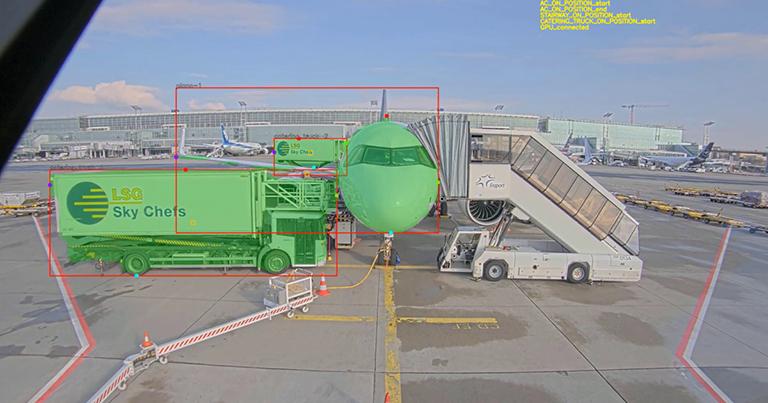
Fraport – a Corporate Partner of the FTE Digital, Innovation & Startup Hub – is continuously exploring innovative solutions to enhance airport operations and improve the passenger experience. Ahead of his participation at the FTE World Innovation Summit (Pittsburgh, 13-15 May 2025) – in a session focused on advanced technologies that will help revolutionise our sector – Claus Grunow, VP Corporate Strategy & Digitalization, Fraport, shares some fascinating insights with Future Travel Experience.
“Our Digital Factory plays a crucial role, focusing on digitising, automating, and streamlining processes,” Grunow explains. “This highly standardised approach aims to develop a Proof of Concept (PoC) within just three months, including projects involving robotics and autonomous vehicles. Currently, we are trialling several robotics technologies. One significant project involves autonomous wheelchairs for PRMs (Passengers with Reduced Mobility) in airport environments. These wheelchairs use LiDAR technology instead of camera-based navigation systems, simplifying compliance with regulatory requirements and making implementation at the airport more feasible.”
Fraport has also successfully completed a PoC in the field of FOD (Foreign Object Debris) detection on the apron, testing an autonomous robot equipped with cameras to detect and identify foreign objects on the airfield.

“Additionally, the AERO AS initiative on autonomous systems, which we are advancing together with other airports, is another important component of our strategy,” says Grunow. “This initiative aims to leverage synergies and significantly shape the implementation of autonomous systems at the airport, with the goal of increasing efficiency through technological solutions and automation.”
The field of robotics is evolving rapidly, and several trends are becoming apparent. One major trend is the integration of Artificial Intelligence with robotics, enabling more sophisticated and adaptable machines. “This allows robots to perform complex tasks with greater autonomy, efficiency, and precision,” Grunow shares. “AI-driven robotics are increasingly being used in predictive maintenance, real-time decision-making, and process optimisation across various industries, including aviation.”
With the AI@Fraport initiative, the Fraport Group is positioning itself at the forefront of digital transformation. It is taking advantage of AI to make processes more efficient and redesign work environments. The overarching goal is to make Fraport fit for the future while increasing the satisfaction of airlines and passengers and innovatively supporting employees. “Looking ahead, we are eager to see how AI and robotics will continue to evolve and enhance airport operations,” says Grunow. “For us, this marks the beginning of an exciting journey into the future of automation and intelligent systems.”
Robotics and autonomous vehicles can deliver myriad benefits in terms of operational efficiencies and enhanced passenger experience. “Challenges of our time include high dependence on human workforce, almost unchanged processes for decades, inefficiency, and high costs,” Grunow comments. “Performance improvement and, not least, growth can no longer be achieved sustainably by expanding the human workforce. Robotics and autonomous technological solutions are highly needed to address these challenges and offer numerous benefits in the context of airport operations.”
Indeed, robotics and autonomous vehicles can significantly enhance operational efficiencies by automating routine tasks. This automation reduces human error and allows staff to focus on more complex and customer-centric activities. “Additionally, these technologies enhance the passenger experience by providing more reliable services and reducing wait times,” says Grunow. “Overall, the integration of robotics and autonomous vehicles helps us achieve a more efficient, safe, and enjoyable airport environment.”
Beyond the immediate benefits of efficiency gains and improved passenger experience, robotics and autonomous vehicles provide strategic advantages for airports. “One major perk is scalability, allowing us to future-proof airport operations,” Grunow explains. “By adopting autonomous technologies, Fraport can easily adapt to rising passenger numbers and changing operational needs without necessarily needing more staff, which is crucial during labour shortages. Additionally, using automation supports our sustainability goals. For example, autonomous vehicles can be powered by electricity and operated in a more energy-efficient manner, helping us reduce CO₂ emissions within airport operations. In the long run, integrating robotics and autonomous systems is a crucial component of the digital transformation in the aviation sector. It helps position Fraport as an innovation leader while ensuring the long-term competitiveness of the airport.” See the FTE World Innovation Summit agenda >> Register for the FTE World Innovation Summit >>
You may also be interested in
12 technology and CX trends that can enhance airline and airport operations in 2025
Article originally published here:
Robotics revolution: Schiphol, Boston Dynamics, Southwest and Fraport discuss how they are stretching the boundaries of innovation with robotics and automation




![‘Haruki Murakami Manga Stories Vol. 3’ Gives Foreboding Fiction a Macabre Makeover [Review]](https://i0.wp.com/bloody-disgusting.com/wp-content/uploads/2025/04/Haruki-Murakami-Manga-Stories-Vol-3-Car-Attack.jpg?fit=1400%2C700&ssl=1)




































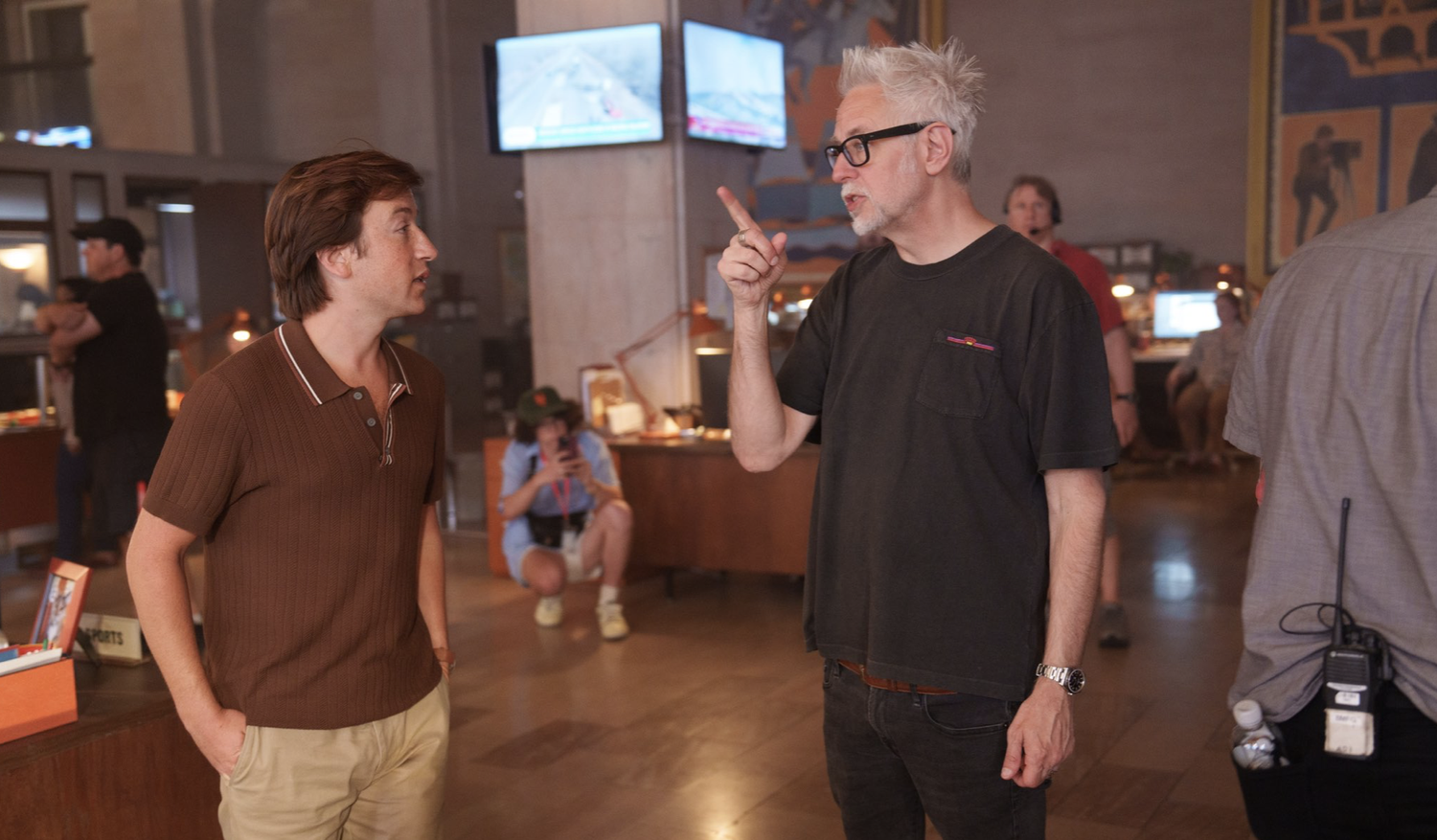











![THE NUN [LA RELIGIEUSE]](https://www.jonathanrosenbaum.net/wp-content/uploads/2019/12/TheNun-300x202.jpg)

















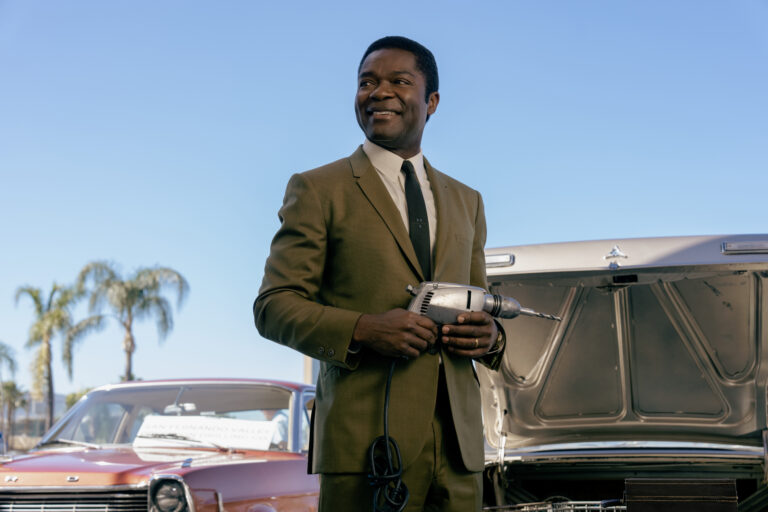






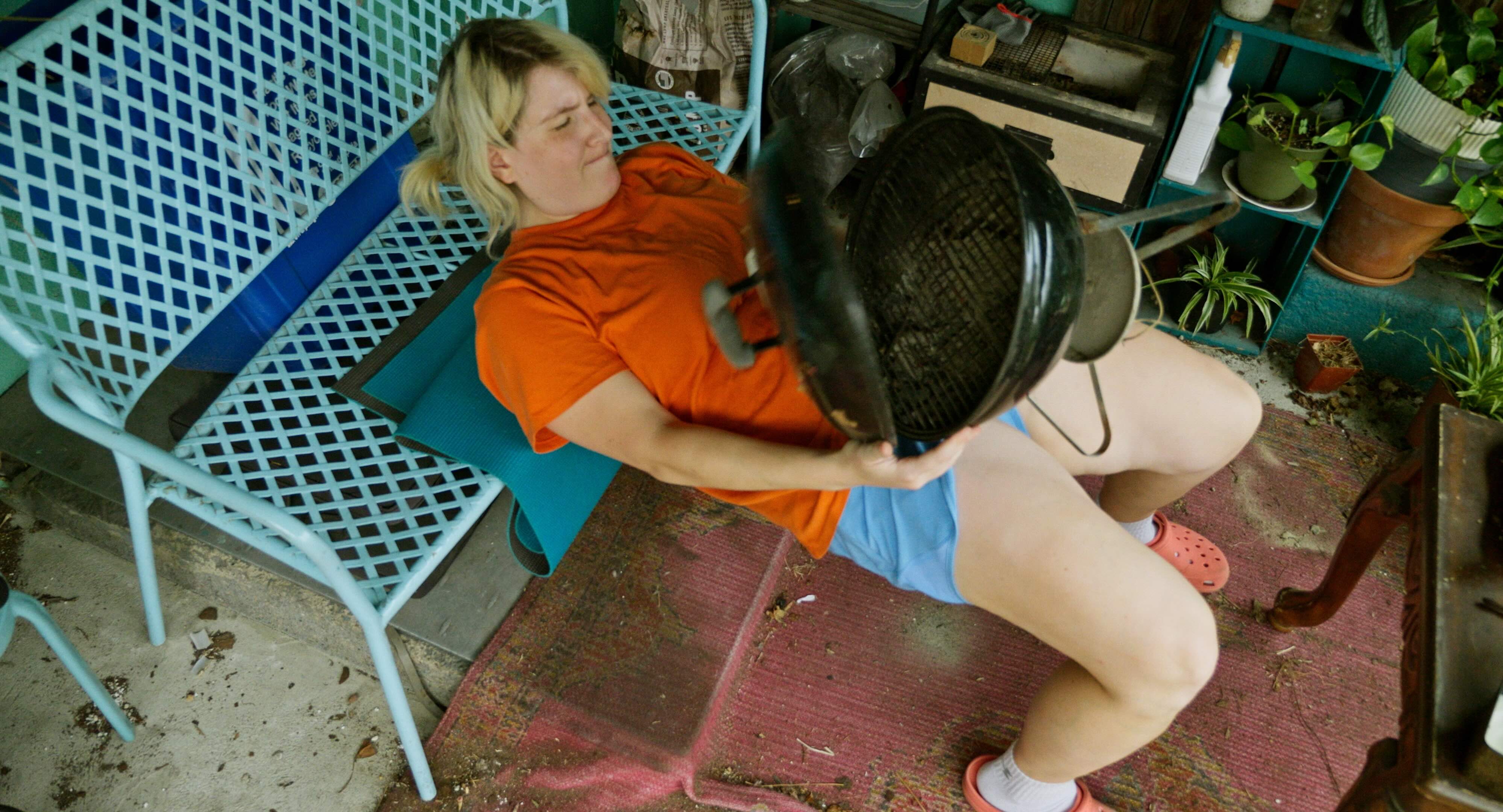































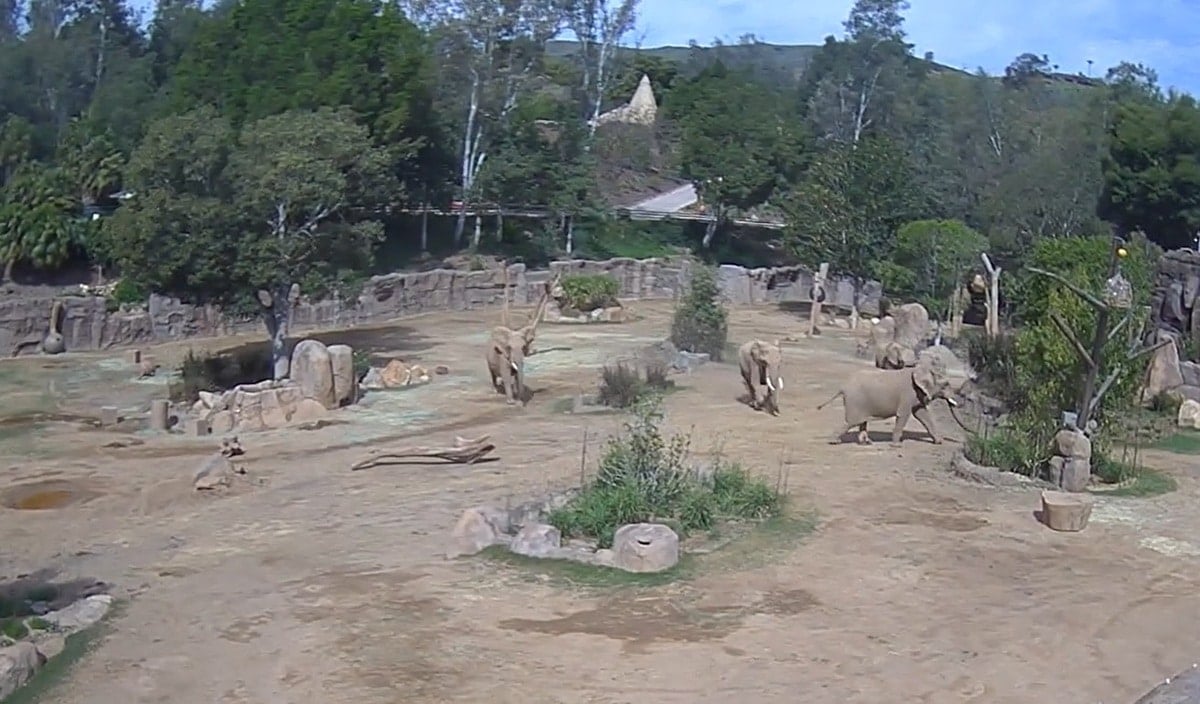
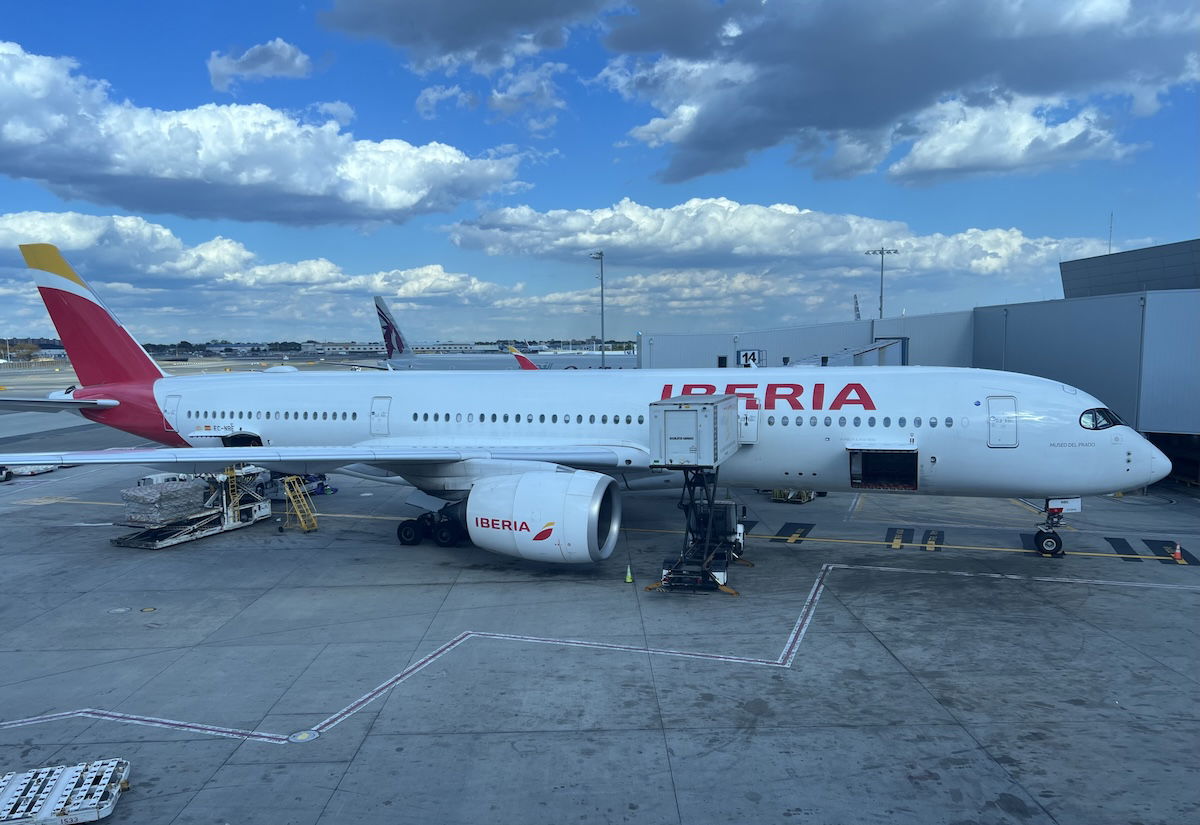






















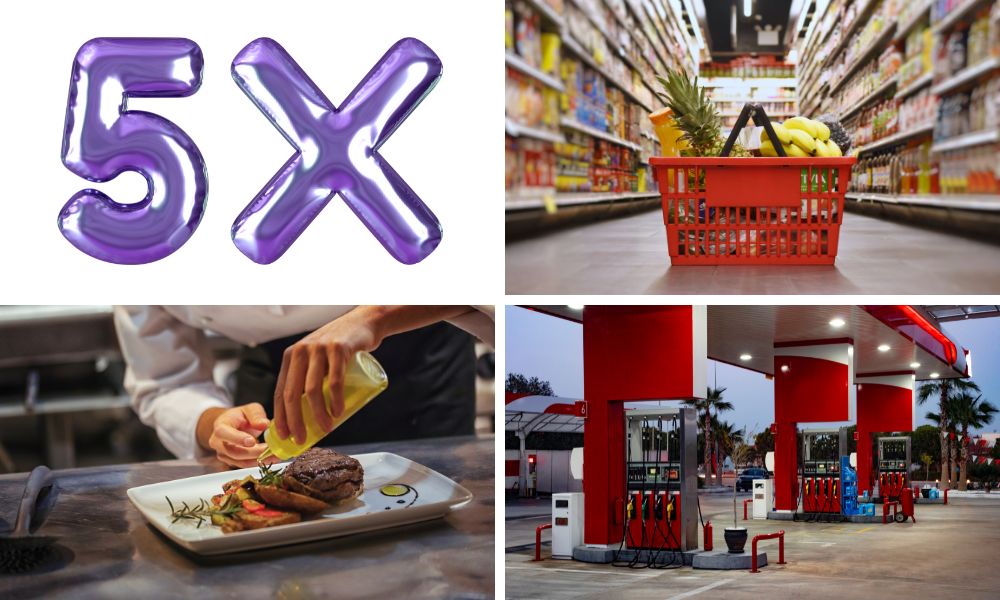






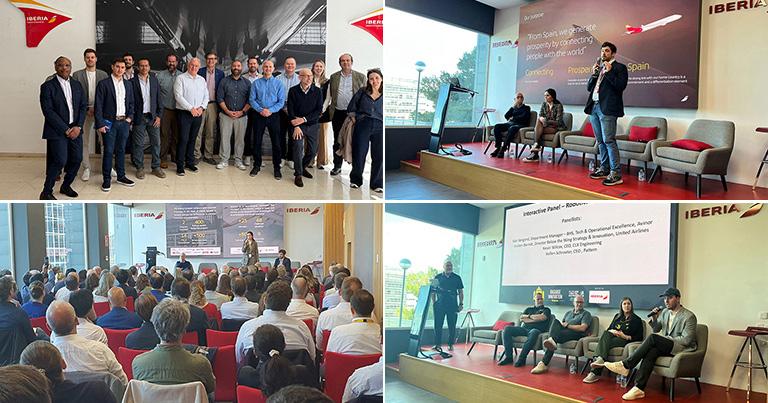
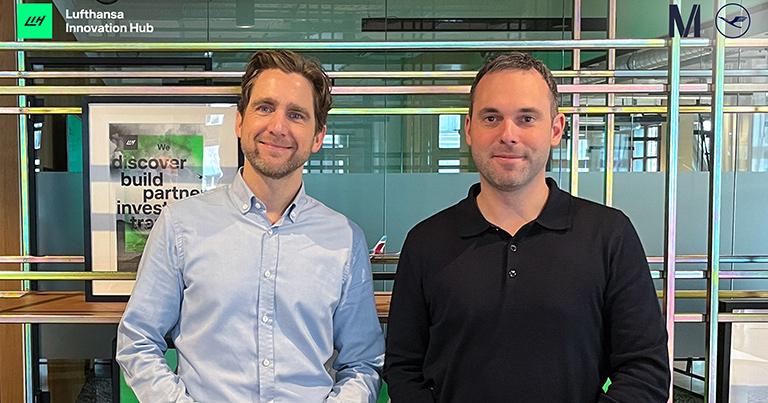
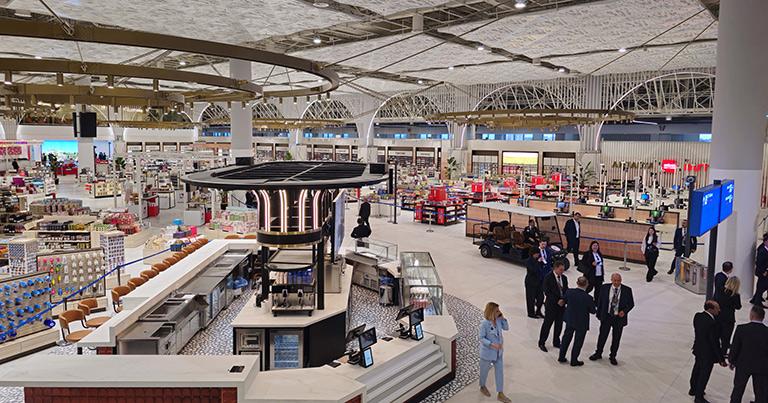
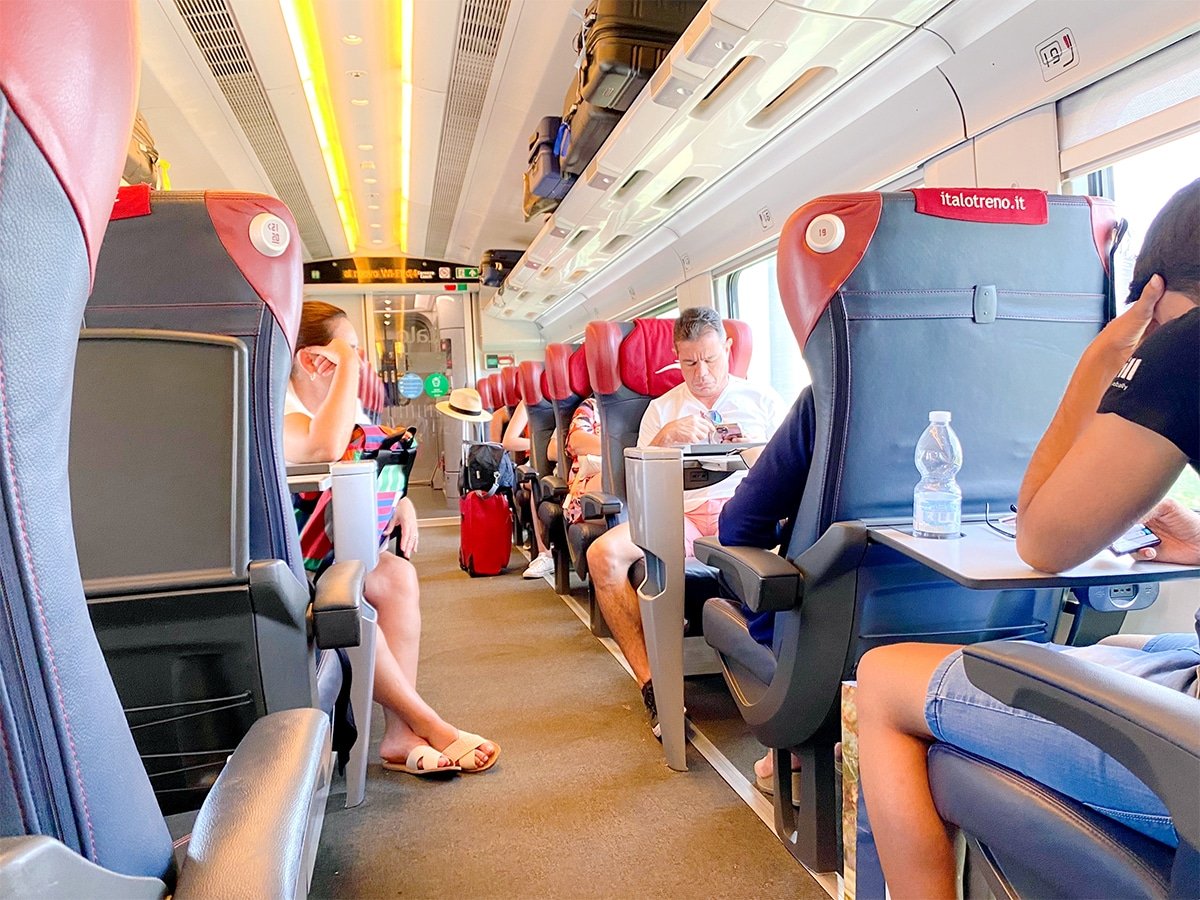
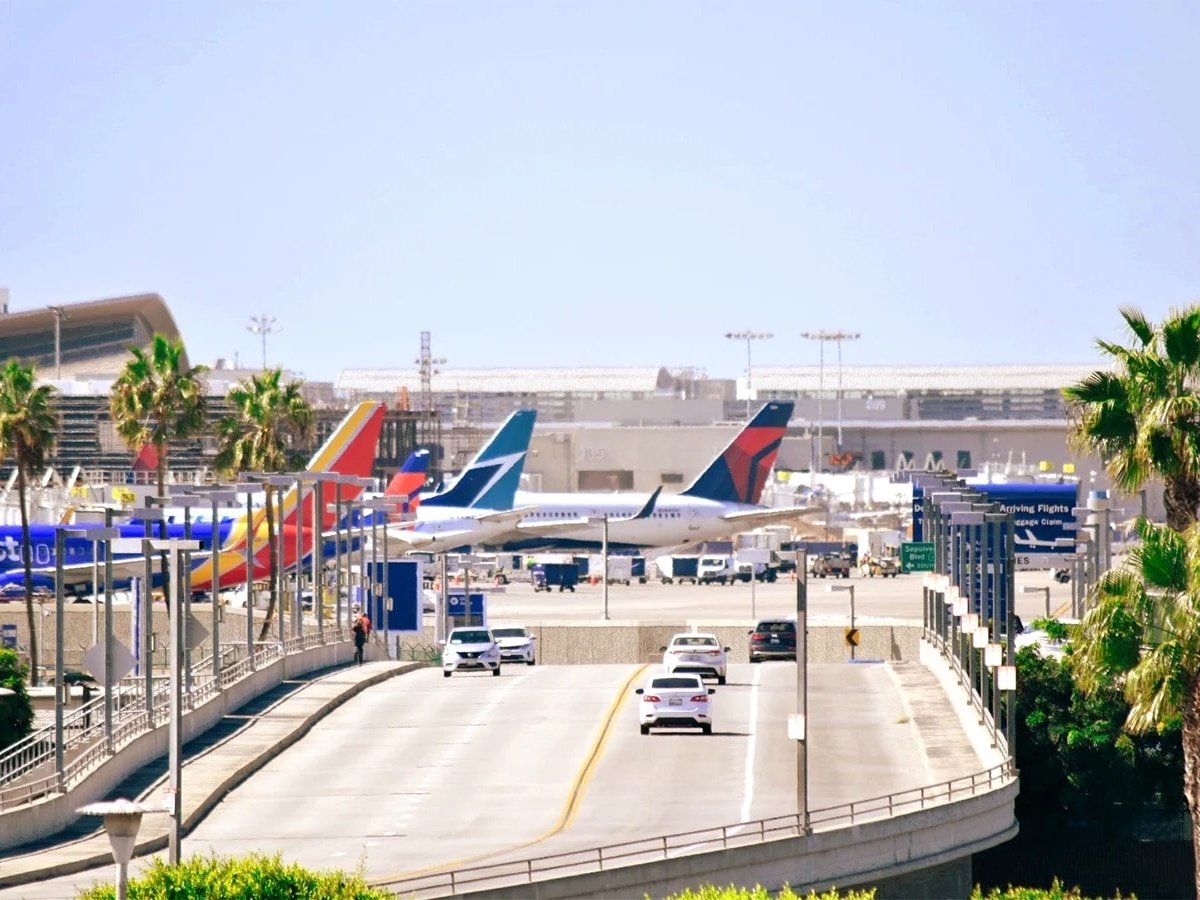


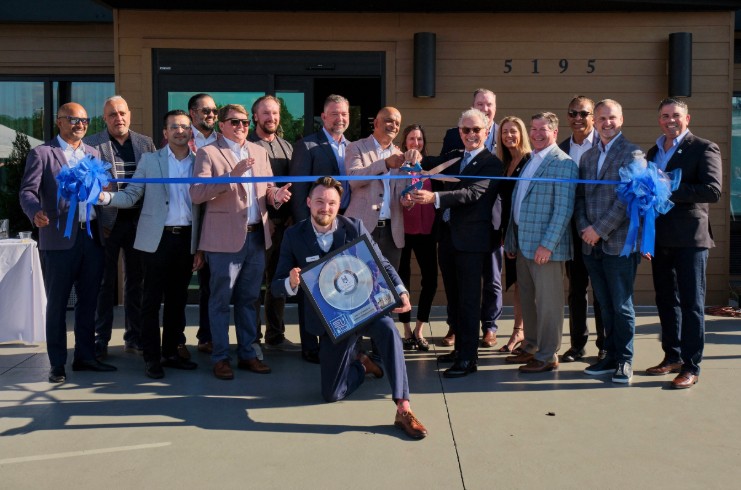







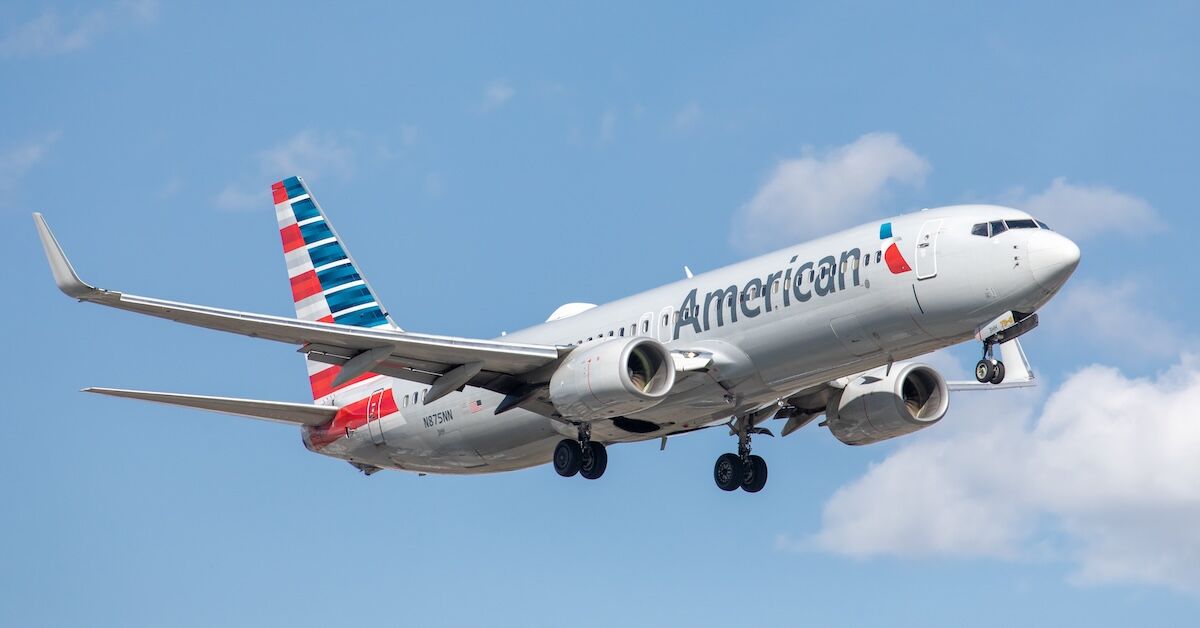





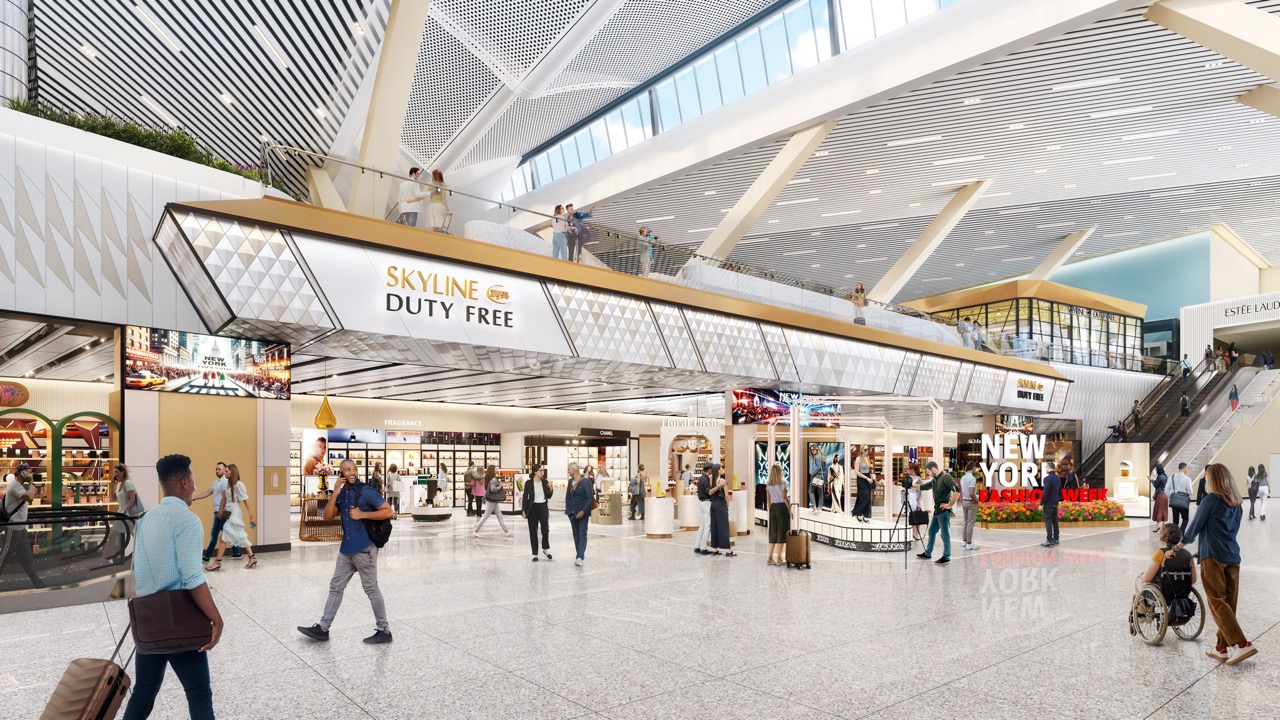

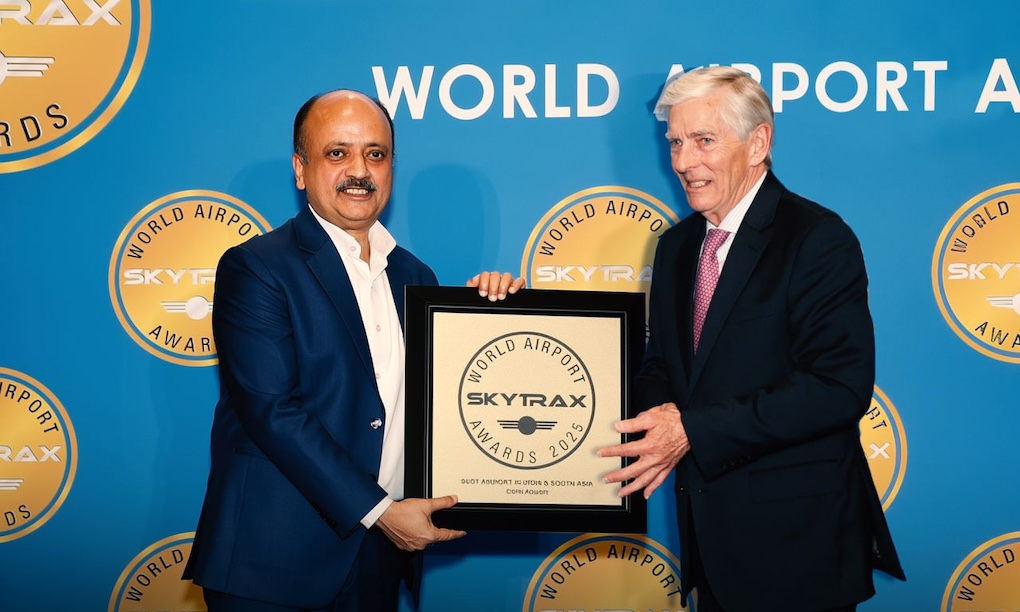
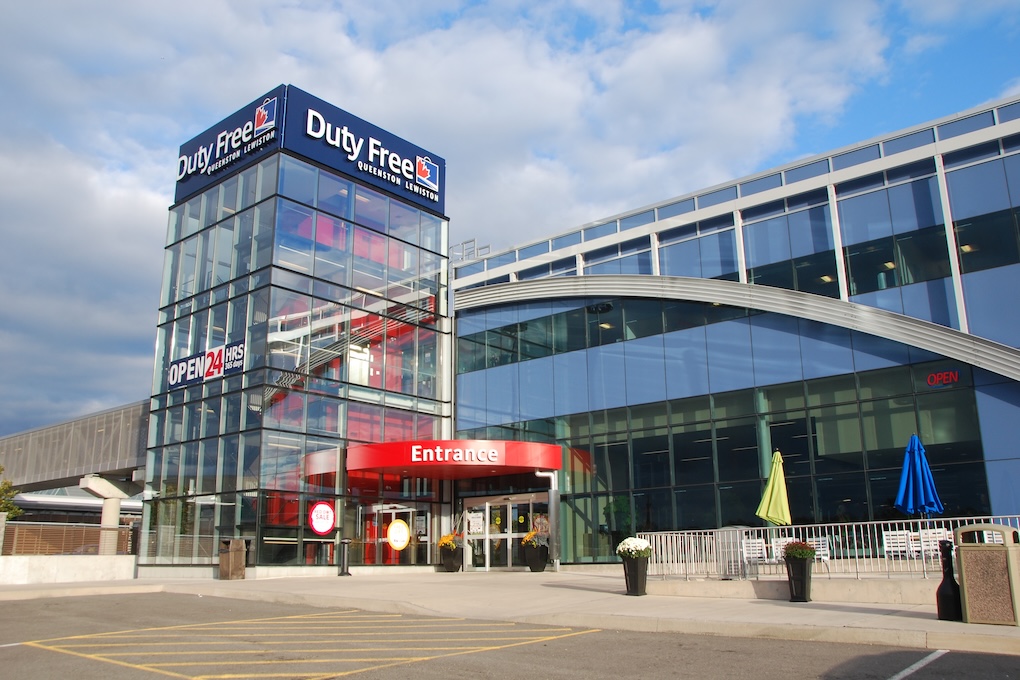













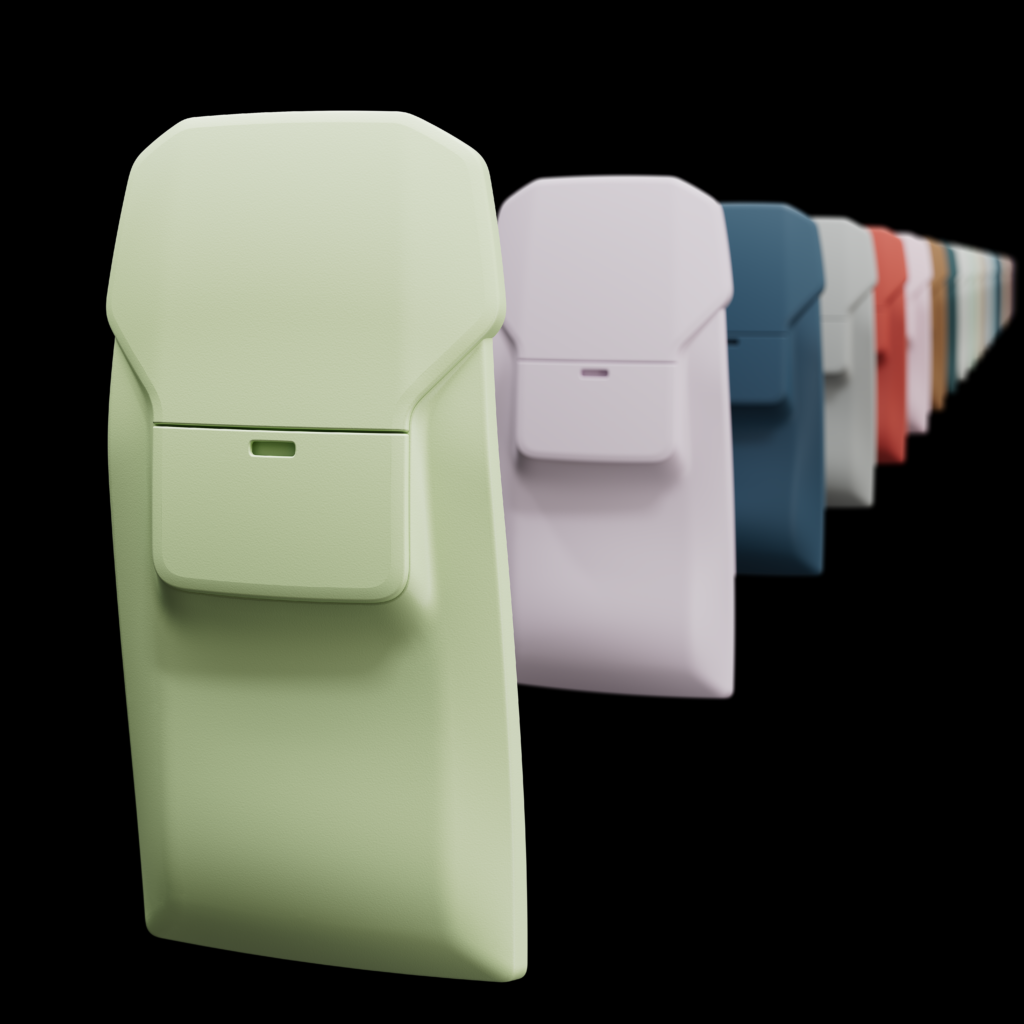

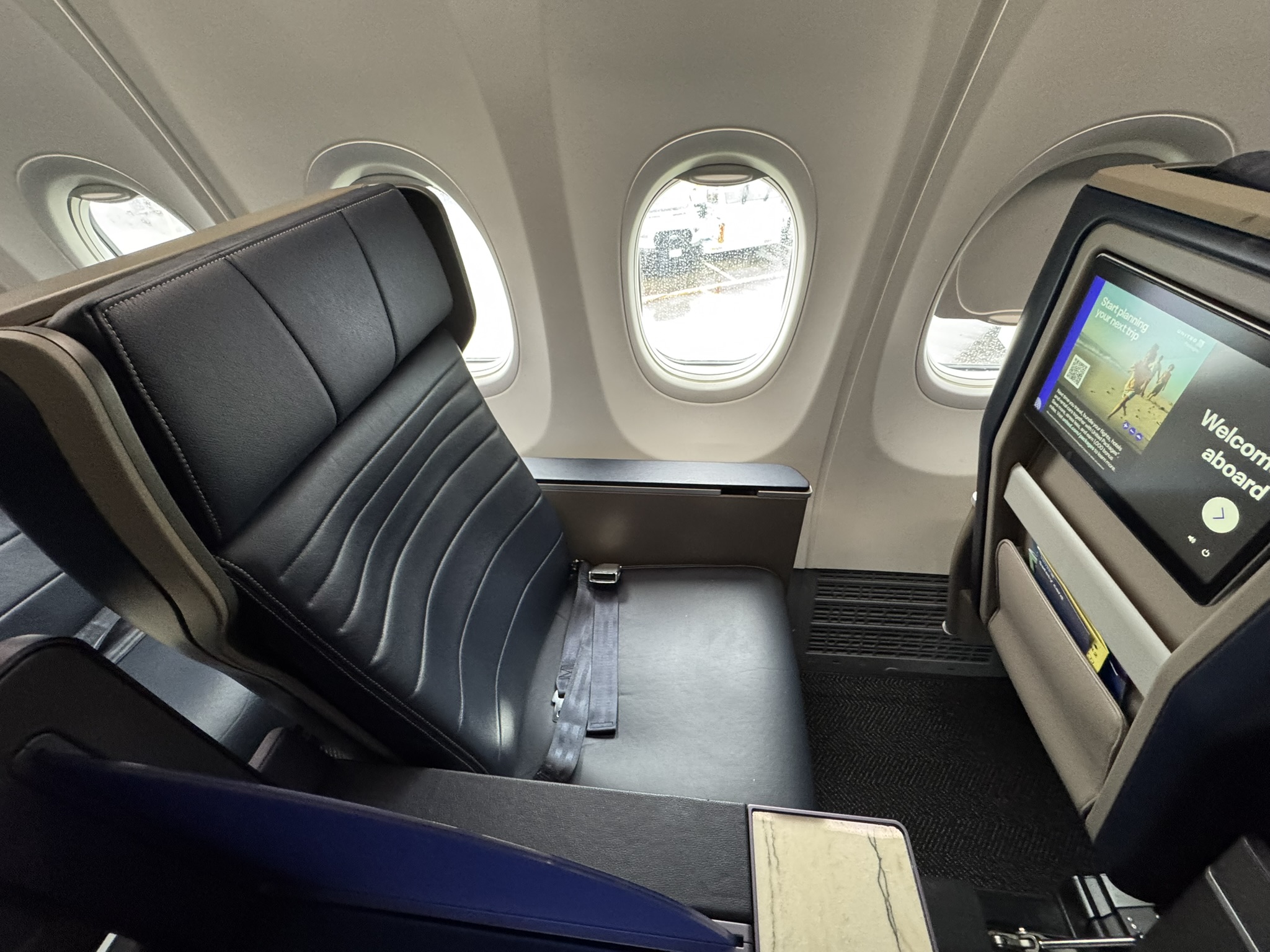




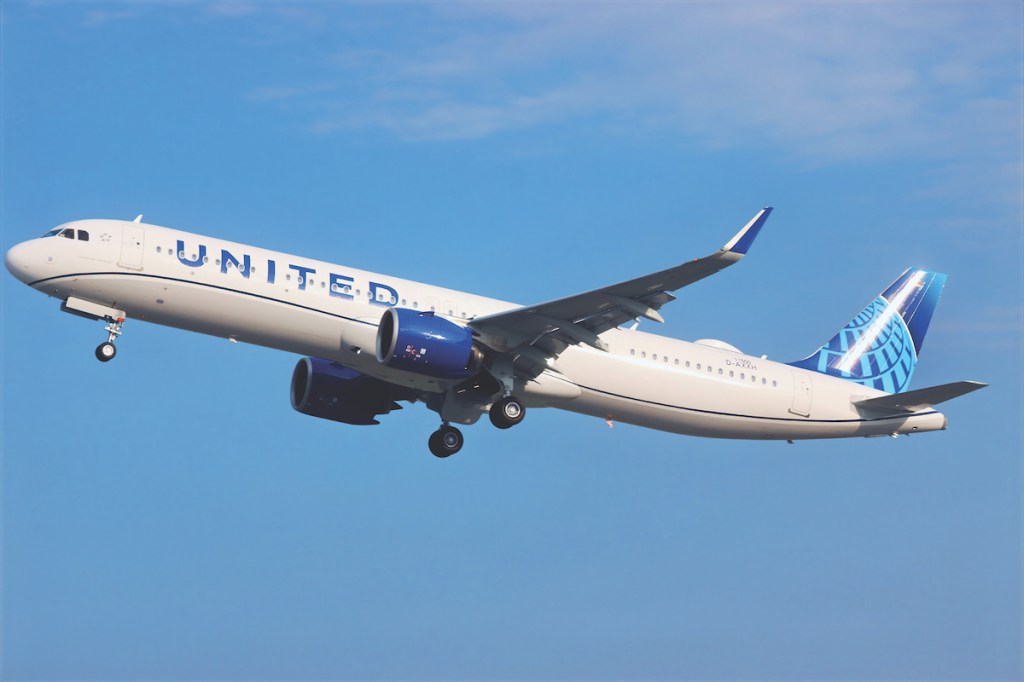







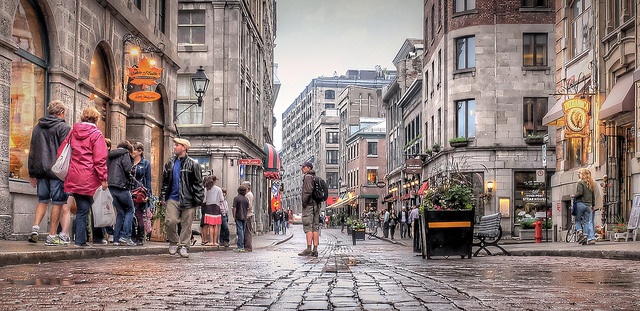


















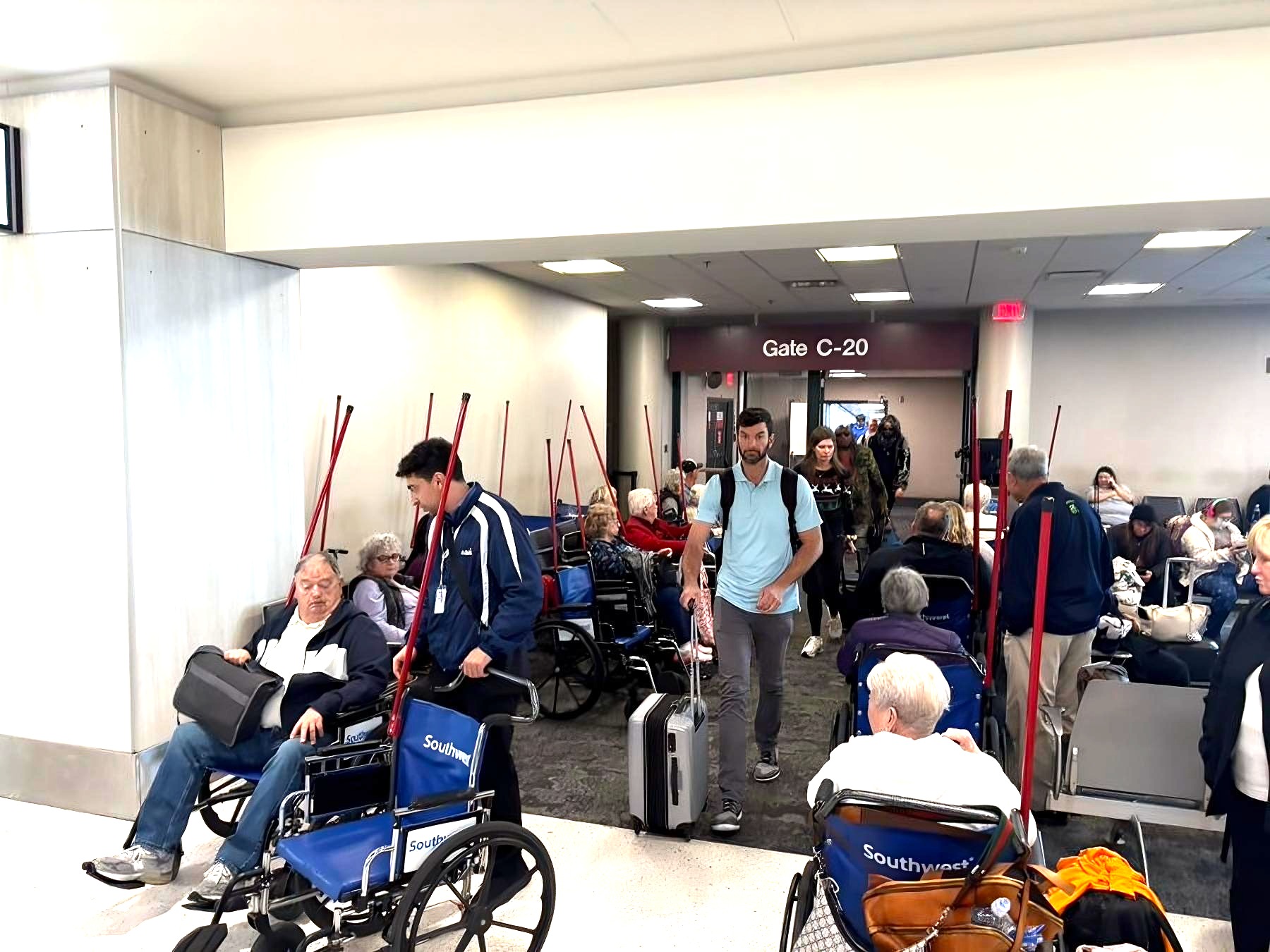
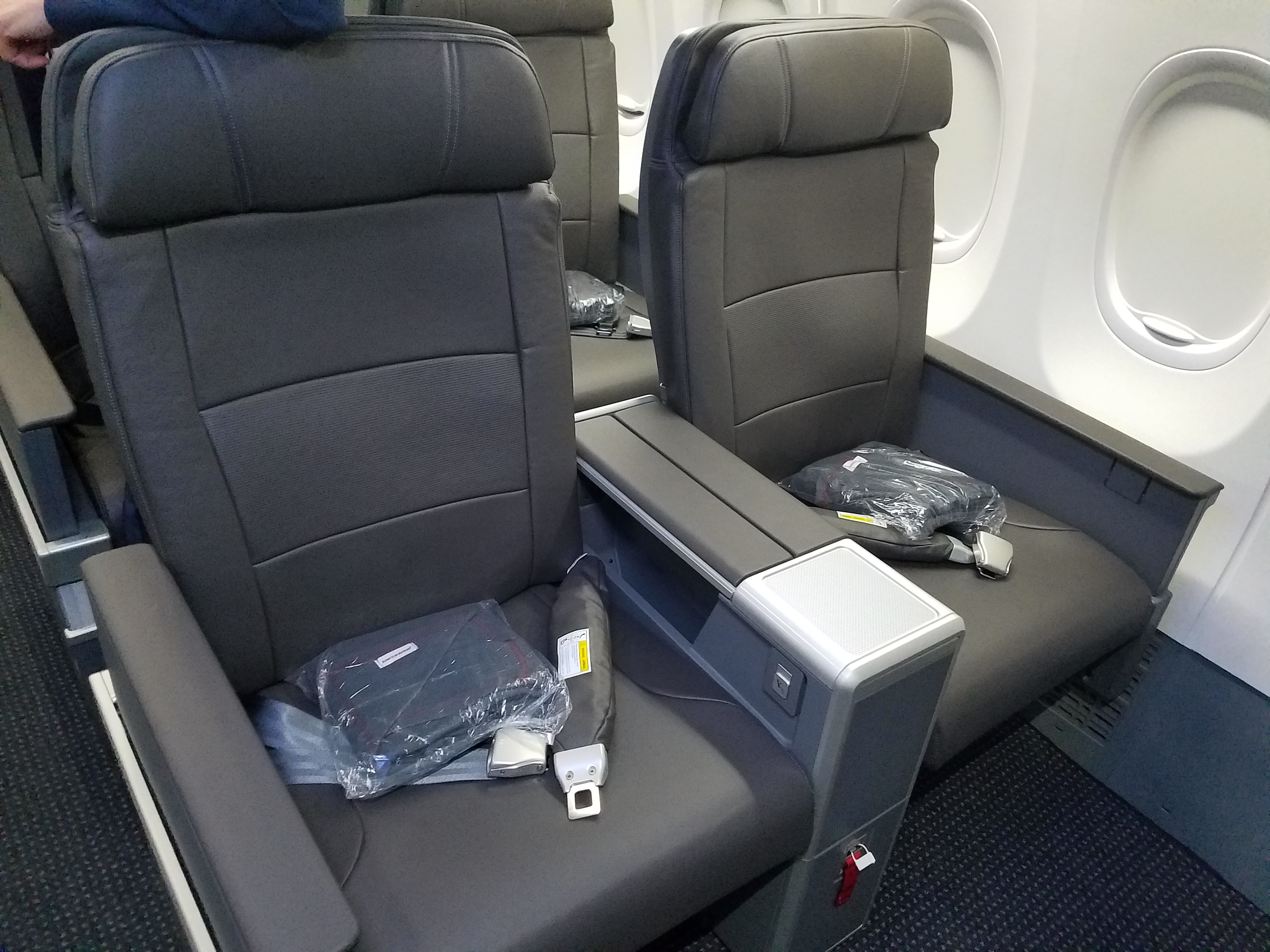
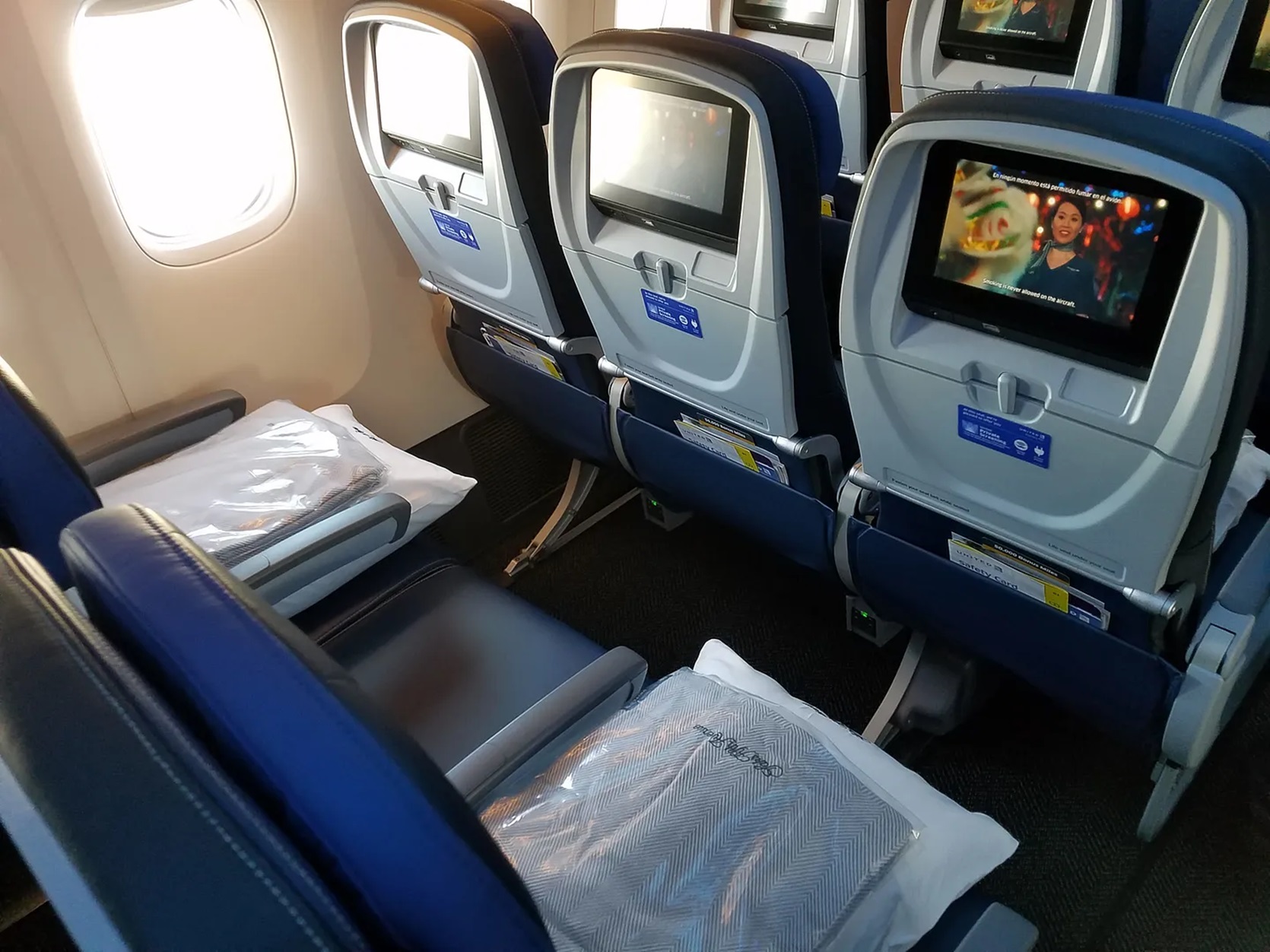
![Courtyard Marriott Wants You To Tip Using a QR Code—Because It Means They Can Pay Workers Less [Roundup]](https://viewfromthewing.com/wp-content/uploads/2025/04/tipping-qr-code.jpg?#)




























































































